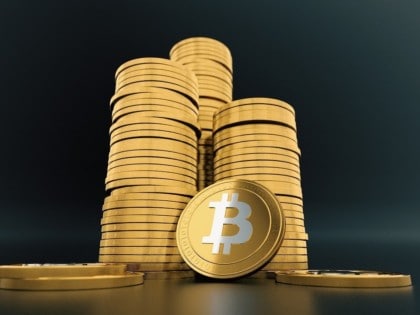
As the months go by and more central banks perform extensive diligence on peer-to-peer decentralized digital currencies, a growing number of financial officials are seeing the remarkable role that virtual currencies like bitcoin and litecoin could play in the overall marketplace.
The latest individual to see the lucrative prospects behind cryptocurrencies is Ravi Menon, Managing Director of the Monetary Authority of Singapore (MAS), who recently stated in an interview that virtual currencies “have a role to play” despite some of the risks that they offer to the establishment and consumers.
Speaking with industry publication CentralBanking.com, Menon noted that digital currencies provide consumers with cost-savings and fast and efficient money transfers. However, Menon, and others like him, are concerned because cryptocurrencies lack any central power backing.
Menon alluded to the fact that virtual currencies suffer from rapid and constant price fluctuations, which he says does not adhere to the rudimentary function of money as a store of value.
He also remarked on whether or not money should remain under the control of central banks and why the Singapore central bank made the decision to regulate “virtual currency intermediaries.”
“It is hard to divine how technology and practices will evolve, 20 or 30 years from now. I would say virtual currencies have a role to play, but I doubt they will replace the fiat money that central banks issue – but I could be wrong,” Menon explained. “Nonetheless, digital currencies have a role to play, which is why we have not sought to ban them, or make it more difficult for them to operate. We still have Bitcoin ATMs here in Singapore. But we do see a clear and present danger in the form of money laundering and terrorism financing risk, because of the anonymity in virtual currency transactions.”
Although Singapore is instituting and undergoing regulations of bitcoin exchanges, vendors and vending machines, the bitcoin industry concurs that it’s quite minimal compared to other states’ rules put in place against digital currencies, such as China and Russia.
Ong Chong Tee, deputy managing director of the MAS, said in a statement earlier this year that “Singapore, like most jurisdictions, does not regulate virtual currencies per se, as these are not considered as securities or legal tender. MAS’ regulation of virtual currency intermediaries pertains specifically to the money laundering and terrorist financing risks they pose.”
A number of countries and states/provinces are implementing regulations, including the state of New York, which was vehemently criticized by some bitcoiners because they feel it helps its competitors, hurts bitcoin startups and diminishes innovation.
Over the past week, the price of bitcoin has experienced a substantial decrease as it has gone from just over $600 to under $500.







